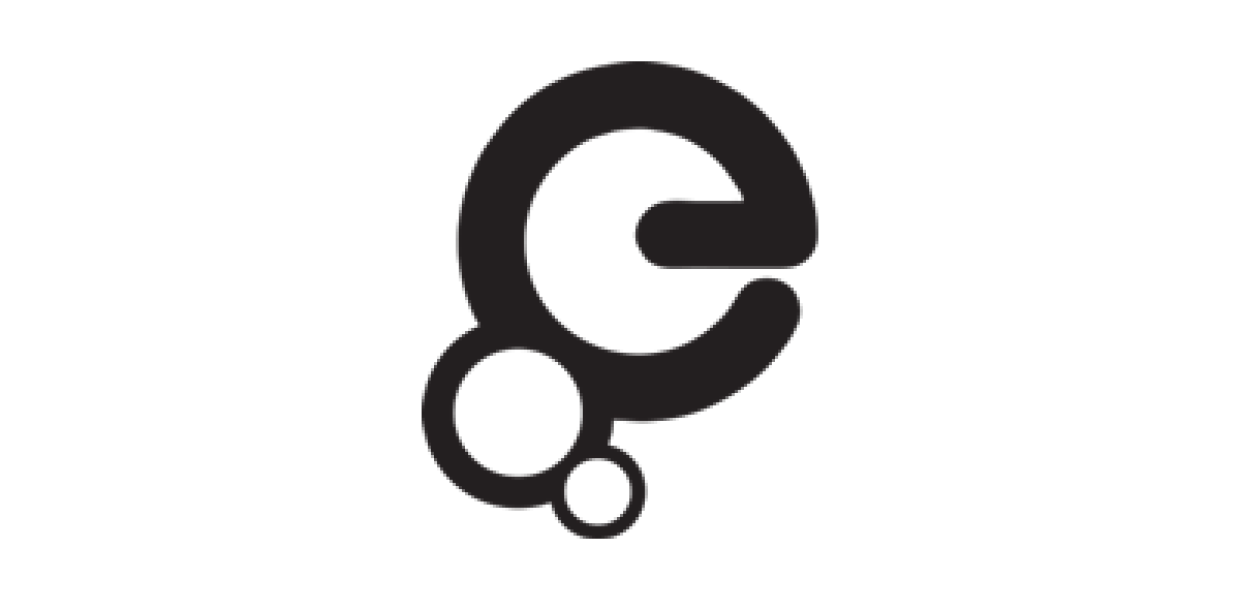The future of cultural communities

We face a new landscape for digital cultural heritage where the old rules no longer apply and archival, cultural, technical and creative communities need to remain open to innovative ways of working and thinking if Europe is to fully exploit the potential of our rich heritage for the benefit of the public and the economy. People seek cultural content online for different reasons in different contexts and don't fall into easy categories. Cultural heritage institutions need to make their content available in ways that reflect today's users, their needs and perspectives.
That was the message to emerge from the EuropeanaTech 2015 conference at the Bibliothèque nationale de France in Paris last week where more than 250 leading technical experts, developers, researchers and creators from across Europe and beyond gathered in a spirit of collaboration and innovation.
Their challenge was to answer how we can store and share our digital cultural heritage in cost effective and innovative ways that are relevant in today's digital landscape. Participants were joined by global leaders in the field including Ruth Nicholls, MD of Young Rewired State; Chris Welty, Google Research; Andy Neale, Director of Digital NZ; Dan Cohen, the founding Executive Director of the Digital Public Library of America (DPLA); Seb Chan, Cooper Hewitt and Smithsonian Design Museum; and George Oates, Good, Form & Spectacle.
The conference challenged the accepted views of how people discover, explore, play and work with digital heritage today. Experts argued that for people interacting with cultural heritage online, the idea of a typical online search is now being overtaken. As is the idea that we can predict what their experience should look like. People are not looking so much for specific facts and answers but to take a journey, to explore and discover - making that experience as rich as possible for them is essential.
Ruth Nicholls of Young Rewired State said: "For the 97ers the digital world is one where they have the freedom to define themselves through their own storytelling; this is paramount to their sense of identity and so cannot be isolated from their 'offline' existence.'
Experts also warned that while providing access to cultural heritage content can stimulate creativity and economic value, we cannot predict or dictate how it will do that. The importance of enabling others to use content to innovate and create was highlighted. The challenge is to make cultural heritage available in a shape that can be reused, to make people aware that it is available and to help them find it.
Dan Cohen, of the Digital Public Library of America said: "People have uses for collections that collection builders cannot anticipate."
While George Oates, Good, Form & Spectacle added: "Search engines don't give any guidance, but that is what cultural institutions are so good at!"
Conference speakers and attendees explored the tools and approaches that could make this happen, examining issues such as data quality and modelling, multilingualism, discovery, content re-use and open source development.
Creating new tools and methodologies to visualise, find and experience cultural heritage online was an important theme.
Tim Sherratt of New Zealand's Trove highlighted the increasing importance and professionalism of crowdsourcing as a means of improving and enriching data at source, asking the question: "Perhaps we should call our [data] correctors ‘discovery engineers'?"
While Seb Chan from The Cooper Hewitt Smithsonian Design Museum explained how the museum focused on creating an innovative, user-focused digital presence alongside their visitor experience, releasing their API and a handful of open source tools. He stated: "Search is a niche solution to a broad problem. People do not visit museums to perform a search"
Europeana's Bram Lohman presented a new Content Re-Use Framework which, alongside Europeana's proposed new Channels feature, promises to make it easier to find high-quality, freely useable content.
The successful approaches shared came with a clear lesson for the wider digital cultural heritage community - that not only is being open to innovation essential, so is being willing to fail. Leaving space for the unexpected and even unwanted is what will lead to the future tools and methodologies that allow cultural heritage to be fully found, reused, and explored.
Chris Welty of Google Research urged the community to "Invest in failure to succeed."
ENDS
Europeana
Europeana is Europe's digital platform for cultural heritage, which collects and provides online access to tens of millions of digitised items from libraries, archives, audio-visual collections and museums across Europe. We are a network, representing more than 2,500 cultural heritage organisations and a thousand individuals from these and other walks of life including the creative and technical sectors, passionate about bringing Europe's vast wealth of cultural heritage to the world. http://www.europeana.eu/
Notes for Editors
EuropeanaTech 2015
The EuropeanaTech community brings together operators from the cultural sector, developer and IT architecture communities, and the creative industries offering a unique opportunity for collaboration on key issues.
The EuropeanaTech 2015 conference is aimed at this community of creative innovators in the heritage domains. The conference brought the international network of technical specialists from memory organisations, research institutions and creative industries together to network and share progress. EuropeanaTech 2015 showcased the most recent technological developments and innovations in the context of cultural heritage, explored current technical challenges around digitisation and re-use of cultural content, highlight new developments and provided a space to establish future collaborations. http://www.europeanatech2015.eu/
For more information: Eleanor Kenny, Head of Communications
eleanor.kenny@europeana.eu / +44 (0)207 412 7113
Imogen Greenhalgh, PR and Editorial Officer
imogen.greenhalgh@europeana.eu / +44 (0)207 412 7114
Images available here: https://www.flickr.com/photos/europeanaimages2/sets/72157650806155026/
